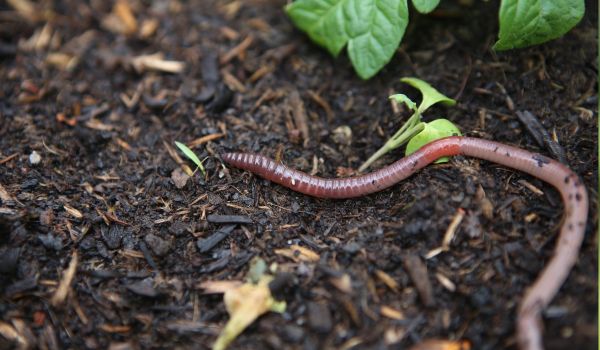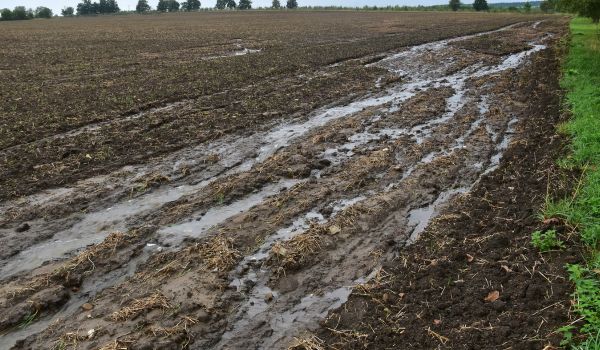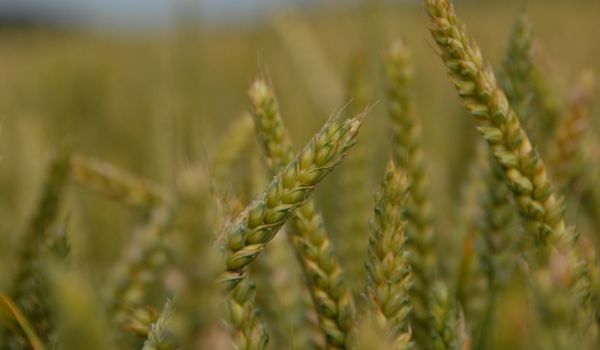Establishing the importance of belowground biodiversity in the delivery of ecosystem services, and identifying some of the threats posed to biota
Belowground biodiversity, encompassing the diverse array of organisms residing in soil ecosystems, play a crucial role in the delivery of vital ecosystem services. These services, including nutrient cycling, soil structure formation, carbon sequestration, and disease regulation, are fundamental for maintaining ecosystem health and resilience. This overview establishes the significance of belowground biodiversity in ecosystem service provision and identifies key threats to soil biota.
Role of Belowground Biodiversity in Ecosystem Services
Nutrient cycling
Belowground organisms, including bacteria, fungi, protozoa, and invertebrates, are integral to nutrient cycling processes. They decompose organic matter, facilitating the release of nutrients essential for plant growth. For instance, mycorrhizal fungi form symbiotic relationships with plant roots, enhancing nutrient uptake—particularly phosphorus—while contributing to soil organic matter formation.
Soil structure and stability
Soil fauna, such as earthworms and arthropods, contribute to the physical structure and stability of soils. Their burrowing activities promote aeration and water infiltration, improving soil drainage and root penetration. Additionally, soil organisms participate in the formation of soil aggregates, which protect organic matter and enhance soil fertility.
Carbon sequestration
Belowground biodiversity plays a significant role in carbon sequestration. The decomposition of organic materials by microbial communities leads to the stabilization of soil organic carbon, mitigating climate change by reducing atmospheric CO2 levels. The diverse microbial processes involved in carbon cycling are crucial for maintaining soil health and productivity.
Disease regulation
A diverse soil microbiome can suppress plant pathogens through various mechanisms, including competition for resources and the production of antimicrobial compounds. This biocontrol function is essential for promoting plant health and reducing the reliance on chemical pesticides.






.jpg)
.jpg)


.jpg)
.jpg)